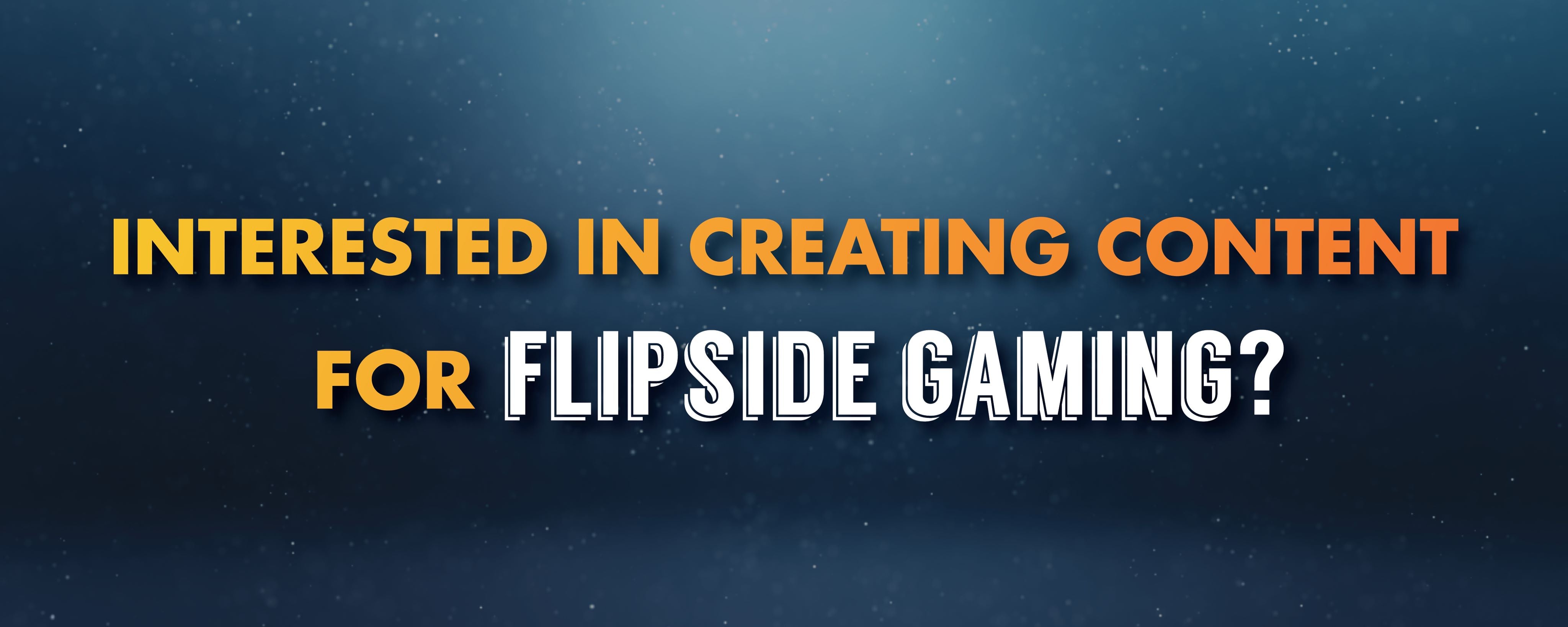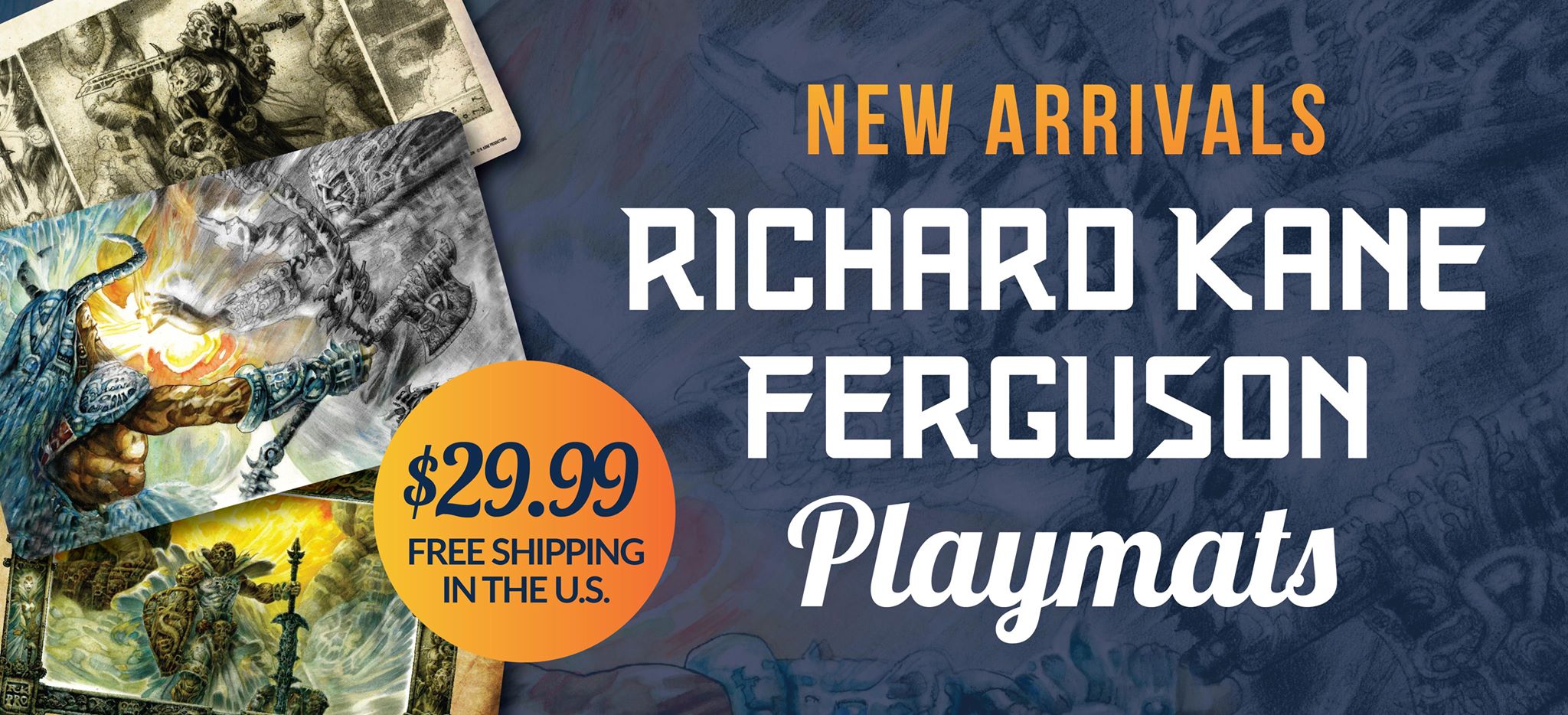A Beginner’s Guide to Magic: the Gathering – Your First GP

Hey, everyone! It’s me, Charlie! Since eating up all the wisdom bombs dropped in my first few “Beginner’s Guide” articles, n00bs everywhere have been ramping up their attempts to achieve the kind of near-pro skill that led me to the quarterfinals of my most recent Game Day. That’s right, I finished that tournament in 7th place out of nine players. It’s consistent, odds-defying results like these that imbue me with the ability to write very, very good.
This week, we’re going to be going through everything that you need to prepare for and attend your very first Grand Prix, Magic’s largest open tournaments!
Deck Selection
With Grands Prix Providence and Los Angeles just around the corner, I’m going to focus on Constructed GP’s, which means that you’re going to have to do a little bit of work before the tournament begins. In the case of Limited GP’s, there’s absolutely no way to prepare; the cards you open are random, so pray that you get lucky! Now, because Grands Prix are so many rounds and well-attended by pros (who are only a step above near-pros like myself), there’s no better place to test out that brew you’ve been working on! Sure, you could pick up MonoGreen “Don’t Fumigate Me, Bro” in Standard or UW “I Really Want You to Be Good This Time” Control in Modern, but those are the decks that everyone is already prepared for.
To gain an edge, I always recommend playing a deck that people aren’t familiar with, and “people” include you! After all, if you’ve broken the format and test your deck on MTGO, everyone will see your decklist posted when it inevitably 5-0’s. And even if you go, say, 1-4, one of your opponents could reverse-engineer the deck. Of course, if your Standard brew includes Nexus of Fate, then you’re under no pressure to test online anyways since the card is literally impossible to obtain.

If you’re not a brewer, there are more established decks that are still a mystery to both those who play with and against them. Take KCI, for example. I literally have no idea how to win with the deck, yet I’m undefeated with it. It turns out that if you loop artifacts for a long time before sighing and saying, “Look, I’m eventually going to kill you with… Pyrite Spellbomb? I think?” then your opponent will just concede out of boredom. And because they’re too proud and insecure to admit that they, too, do not understand how KCI wins. I’m still waiting for Matt Nass to admit that the deck doesn’t actually do anything, and it was all part of a bet to see if he could win a tournament with a combo deck with no win condition.
Logistics
Unless the GP you’re attending is local, you’re going to have to do some traveling. Now, you hear a lot of people talking about driving down with friends and staying with friends in a hotel to save money and to make the travel more bearable. But if you’ve been a near-pro for as long as I have, you know that you can save even more money if you set up camp inside the convention center. And by “camp,” I just mean that they never actually check underneath those long-tableclothed tables at the end of the day. If you’re lucky, you might even catch a glimpse of the wild parties that the judges throw after the event ends. If you’ve never seen someone try to recite the MTR after snorting several lines of crushed-up Magic cards, you’re in for a treat!
But before you’ve arrived, you want to make sure that you’ve registered. There might be some sticker shock initially, but in order to ascend to true pro-hood, you have to be willing to embrace the financial ruin that accompanies professional Magic. I’ve listed below the common costs associated with a GP. Keep in mind that this is for the upcoming 2018-19 GP season, and hasn’t to my knowledge been made public yet.
Bare Bones Registration: $75
Tournament Playmat: $25
Chair Add-On (otherwise, you’re standing): $15
Convention Center Passcode for Electronic Lock: $10
Guarantee to not Play Bronze Pro and Well-Known Cheater Alex “Two Explores” Bertoncini: $20
Sleep-in Special: $15
#2 Pencil to Sign Match Slip (no outside writing implements allowed): $5
Life Pad (no outside life pads allowed): $5
Concession Stand Fast Pass: $10
Bathroom Access: $10
GP-Exclusive Standard-Playable Promo (this is in response to how popular and successful the exclusive Buy-A-Box Promos have been!): $70
You should also be aware that trading cards at GP’s is tightly regulated. Here is the completely real set of guidelines for GP Chiba 2018.
I’m sure this went incredibly well, as it’s hard to imagine how it could possibly backfire, and I fully expect it to be rolled out to all GP for the upcoming season.
Also, remember that, as a near-pro, you should revel in in the fact that you’re traveling across the country to a brand new city’s convention center that you’ve never been in before, so take advantage of it! See the sights; most convention centers have cool water features or neat elevators. Taste the food! Some convention centers have concurrently-occurring events from which it is only too easy to steal food. While it probably won’t be able to compete with the convention center’s concession offerings, it’s always worth a shot. Just keep in mind that if you have friends or family in the city of the convention center, they’ll have to come to you. After all, GP’s are full-day affairs, especially when you take into account that slow-playing control players disproportionately turn out for GP’s, the fact that Wizards’ Event Reporter could crash (it was probably “built” by the same “programmers” who created the “software” that is MTGO), and that running a 2,000-person event is just kind of a challenging thing to do even when things are going well.
The Grand Prix
After napping underneath a table, showering in the convention center’s acclaimed water feature, and grabbing a bite from the conference upstairs, it’s time to actually play Magic! Especially at GP’s, there’s a lot of posturing pre-game. You want to make sure you get to the table first; some say this is so that you can pick the side facing the closest clock, but it’s really to assert your dominance. When your opponent shows up and finds you and your FNM Top 8 playmat (if you don’t have an FNM Top 8 yet, that’s okay! Not everyone can be a near-proTM) all ready to go, they’re going to be intimidated and flustered. Next comes the handshake:
Loose, limp: This will be an easy win. Your superior confidence in your knowledge of the rules will defeat them, whether or not that knowledge is correct. (#AlwaysCallaJudge)
Aggressive, bold: They’re on Monored. Or a Stompy deck.
Pretentious, holier-than-thou: They’re on Ux Control.
“I don’t shake hands, too many germs.”: They’re weak. Their body is fragile. Cough once or twice when they’re making pivotal game decisions.
One other thing to keep in mind for the match itself: it’s customary to always display the opposite emotion you’re feeling. For example, when you’re ecstatic that your opponent has mulliganned to five cards, you should instead frown and say, “Wow, I’m sorry.” When they get manascrewed/flooded and you’re pumped because now you can put on full display your skillful Magic-playing prowess, you should again frown and say, “Wow, variance can be rough.” Always remember to be sad when you win (after all… they lost), so as to guard the fragile ego of your opponent. While pregame handshakes and welcoming words are expected, postgame handshakes and “good games” are minefields that only the very best can navigate successfully.
Oh, and as for actually playing Magic, it’s the same game you’re playing in your Local Game Basement every Friday night, so nothing to freak out about. If you lose, it’s because of some combination of your opponent getting lucky and you getting unlucky, and if you win, it’s pure, unadulterated skill. This is the best way to never change the way that you play because what is there to change about perfection?
If you make Day 2, congrats! You have the opportunity to get Pro Points, and even qualify for the Pro Tour, both of which are key parts of your journey to pro-hood. Even if you don’t make Day 2, you can still live the dream! You have the privilege of paying an additional ~$5,000 to compete in a Pro Tour Qualifier. That’s right, if you win, you’re in. Alongside GP’s and Hearthstone, it’s one of the few ways to qualify for the Pro Tour directly.
With all of this, you’re ready for your first GP! Feel free to share any tips that you might have to add to my already stellar list!
Ryan Normandin is a grinder from Boston who has lost at the Pro Tour, in GP & SCG Top 8's, and to 7-year-olds at FNM. Despite being described as "not funny" by his best friend and "the worst Magic player ever" by Twitch chat, he cheerfully decided to blend his lack of talents together to write funny articles about Magic. Make fun of him online through Twitter (@RyanNormandin) and Twitch (norm_the_ryno).










